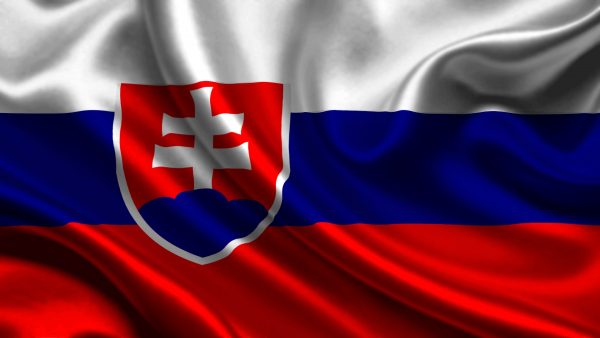The Slovak American Society of Washington, D.C.
presents:
“The Emperor and the Peasant: Two Men at the Start of the Great War and the End of the Habsburg Empire”
A book talk by Kenneth Janda, Profession Emeritus, Northwestern University
Saturday, April 17, 2:00 pm EST
To register for this event on the Zoom platform, please visit: https://zoom.us/meeting/register/tJAkfu2hqzovG9DtoNAhXw2BXhjrK3m_mPc3.
If you have any questions about the event, please contact info@dcslovaks.org.
There was more to World War I than the Western Front. The Emperor and the Peasant juxtaposes the experiences of a monarch and a peasant on the Eastern Front. Franz Josef I, Emperor of Austria-Hungary, was the first European leader to declare war in 1914, and was the first to commence firing. Samuel Mozolak was a Slovak laborer who sailed to New York before being drafted into the Austro-Hungarian army and killed in combat. Kenneth Janda interprets how Franz Josef and his contemporaries Kaiser Wilhelm II and Tsar Nicholas II viewed the war. Mozolak’s story depicts the life of a peasant in an army staffed by aristocrats, and also illustrates the pattern of East European immigration to America.
Kenneth Janda (1961 PhD, Indiana University) is the Payson S. Wild Professor Emeritus of Political Science at Northwestern University. He has published extensively in comparative party politics, research methodology, and early use of computer technology in political science, for which he received awards from EDUCOM and support from Apple Computer. His American Political Science Association awards include the Samuel Eldersveld Lifetime Achievement Award (2000) and the Frank J. Goodnow Award for distinguished service to the profession and the association (2009). His most recent books, forthcoming in 2021, are The Challenge of Democracy: American Government in Global Politics (Cengage) and A Tale of Two Parties: Living Amongst Democrats and Republicans Since 1952 (Routledge).
Prof. Janda published The Emperor and the Peasant in 2018. The emperor is Austria-Hungary’s Franz Joseph; the peasant is Samuel Mozolák, the grandfather of Prof. Janda’s wife, Ann. Mozolák emigrated to New York in 1902, married in 1905, fathered twins in 1906, returned to Slovakia in 1914, and died in battle in 1918. Prof. Janda and Ann visited Mozolák’s home village, Krajné, in 1971 and 1983. The book pays homage to Ann’s family and bears no relationship to Prof. Janda’s other scholarship.


